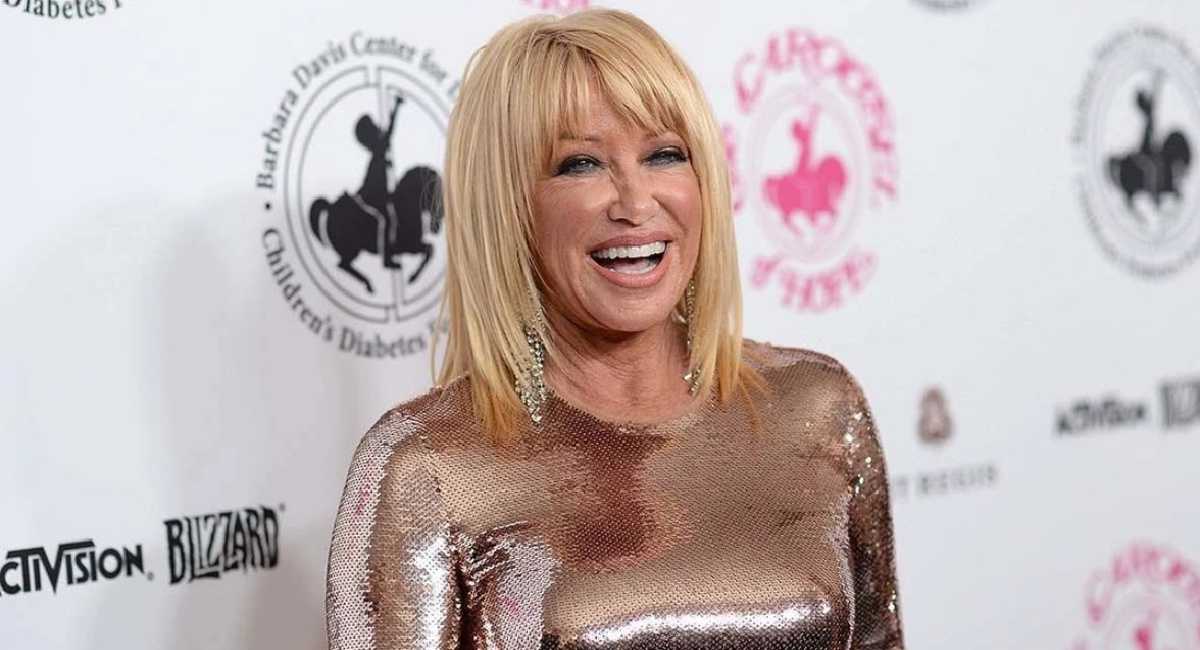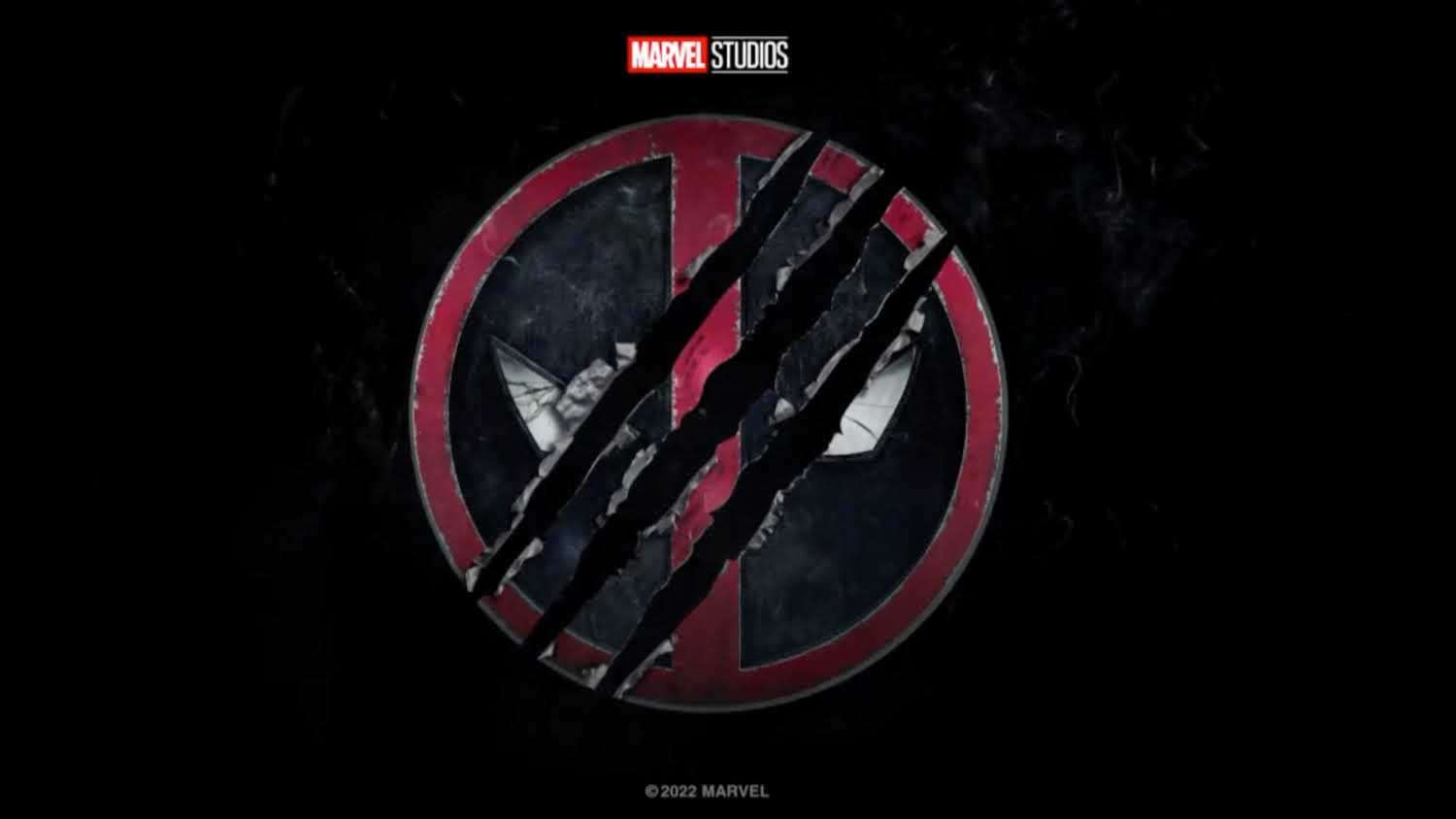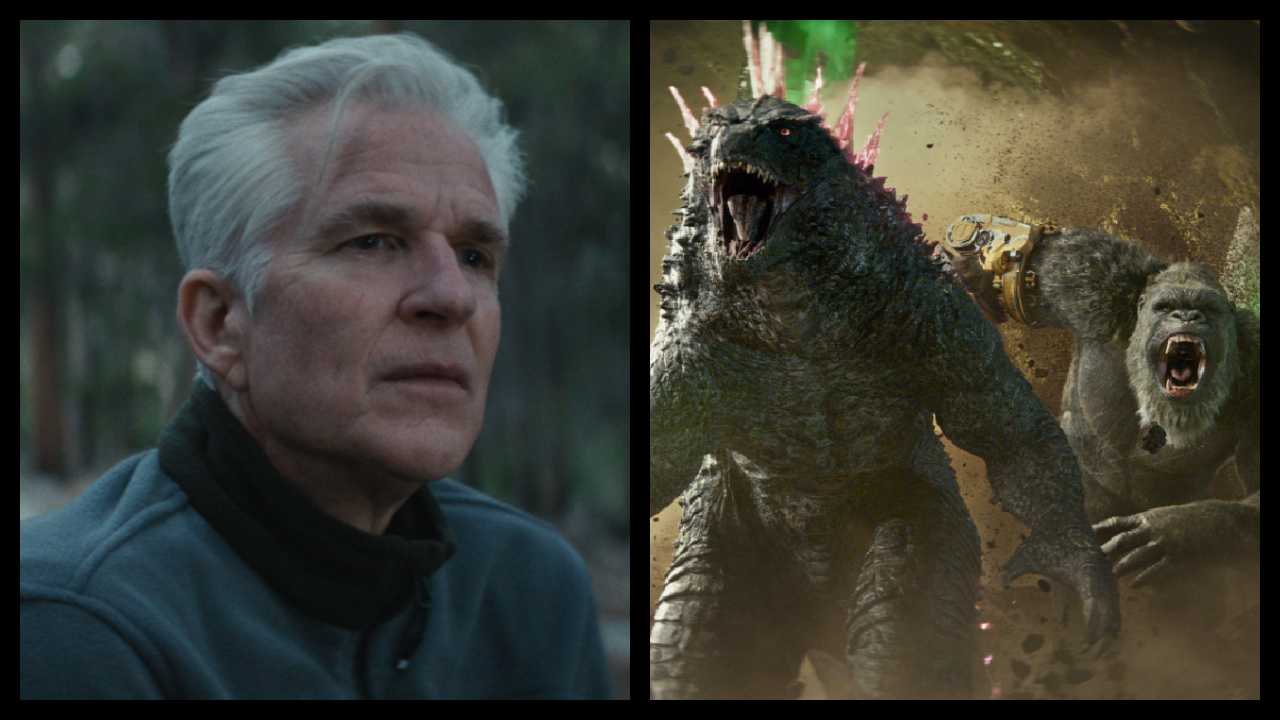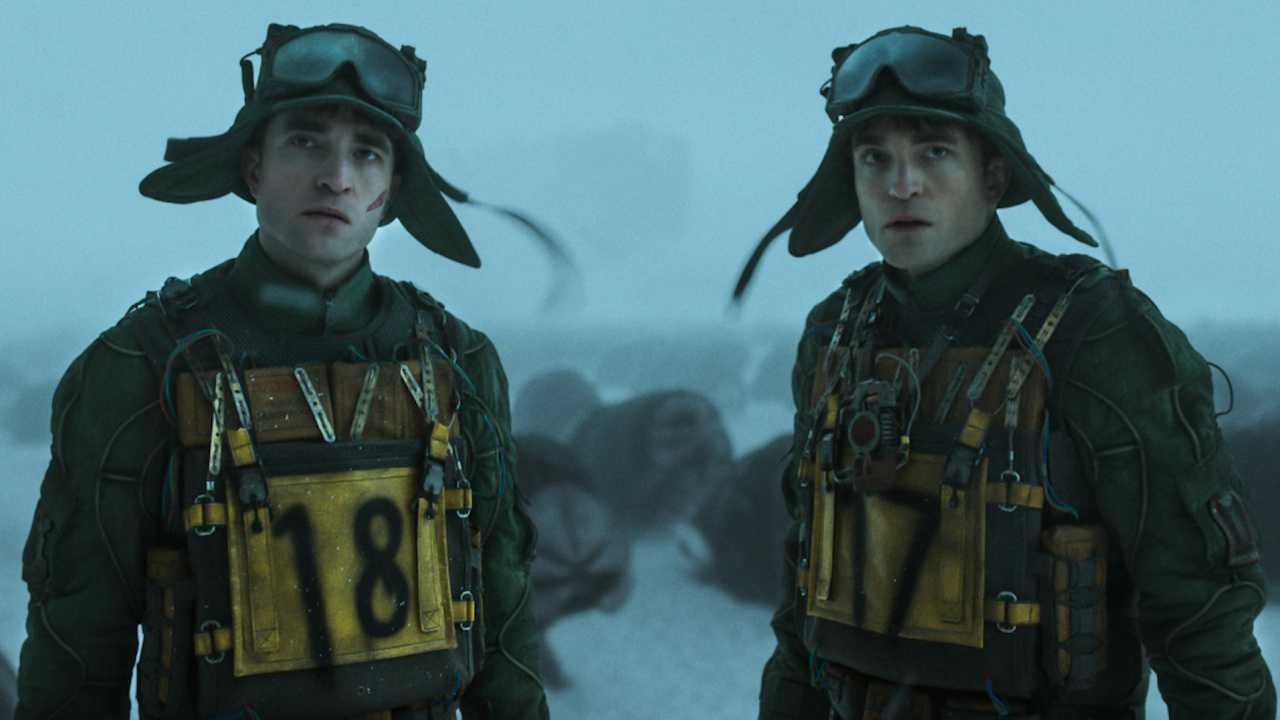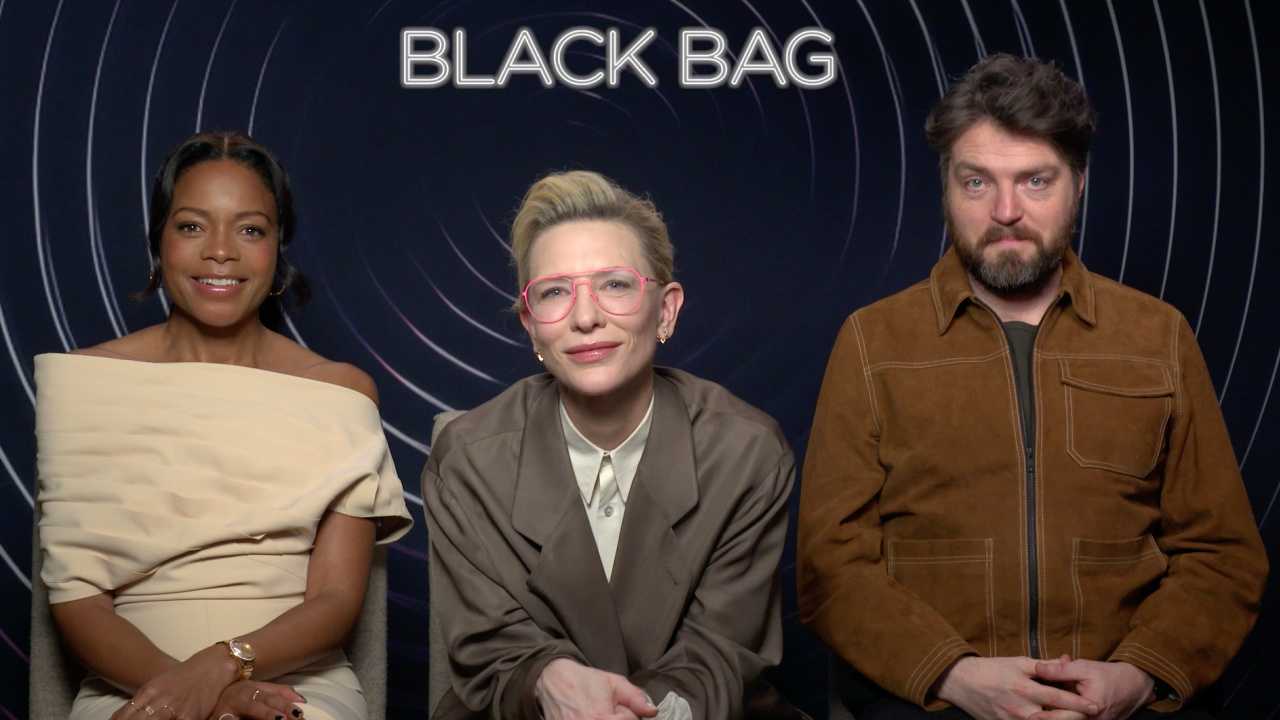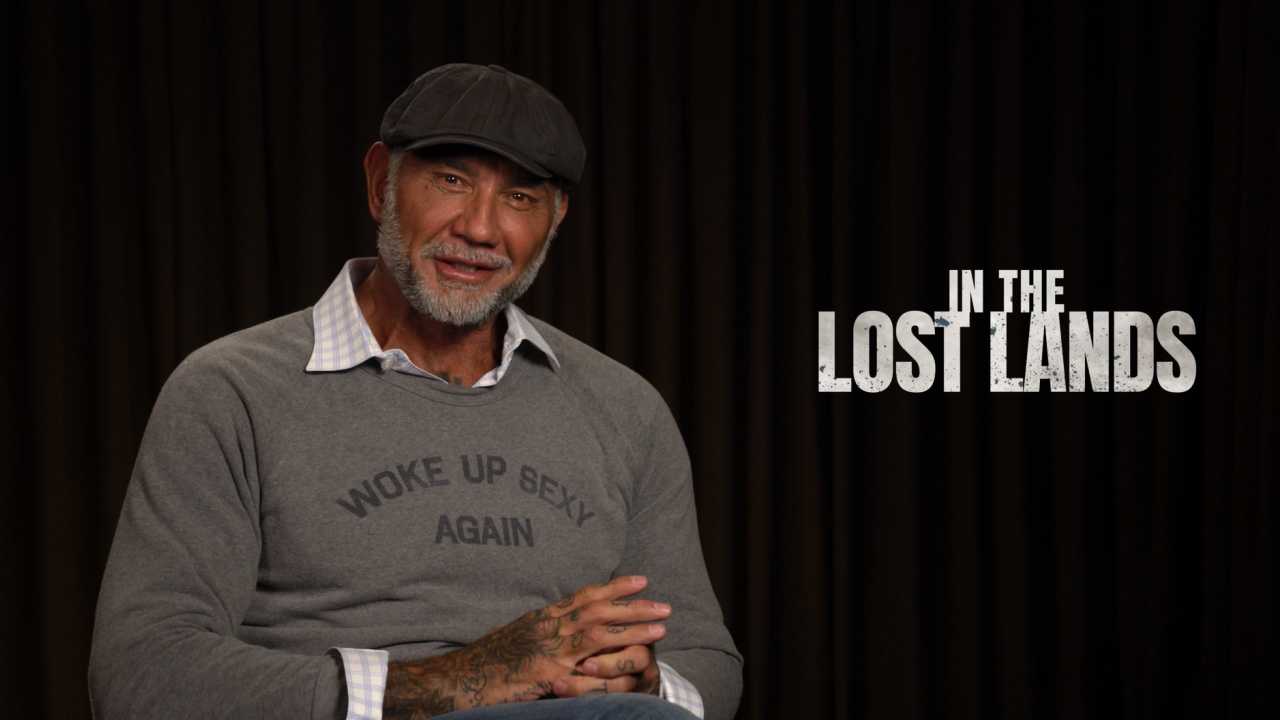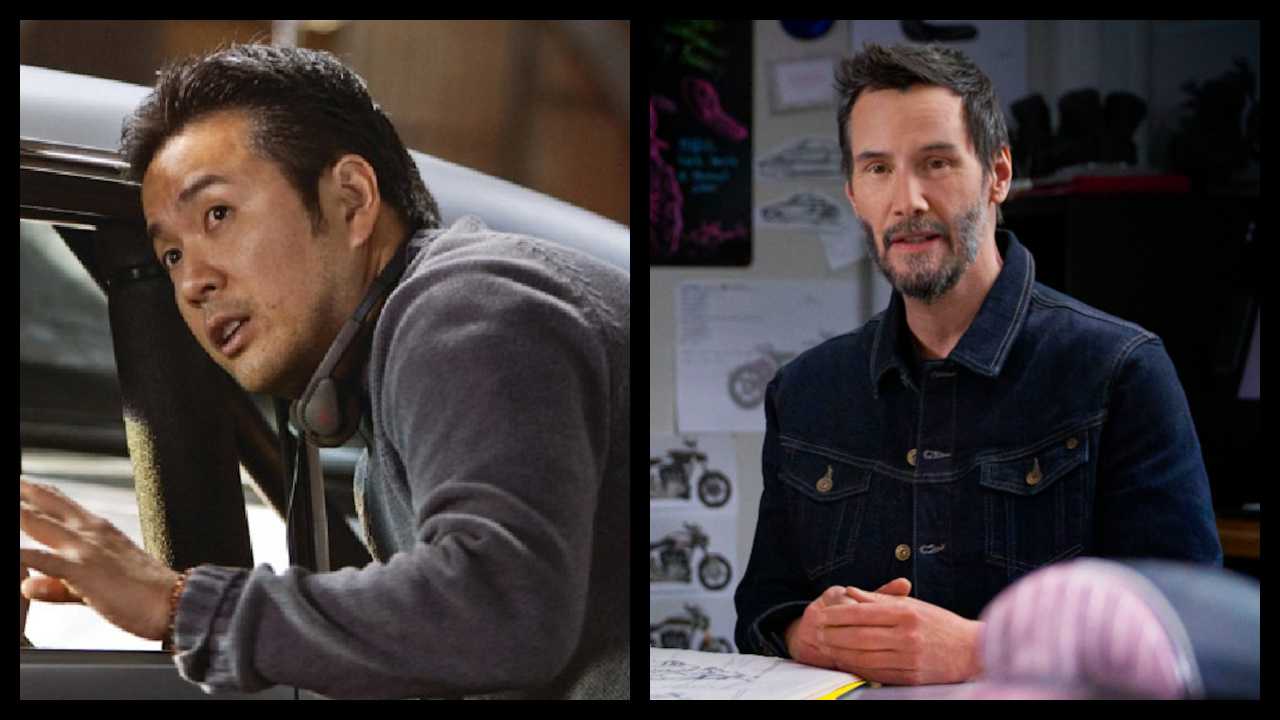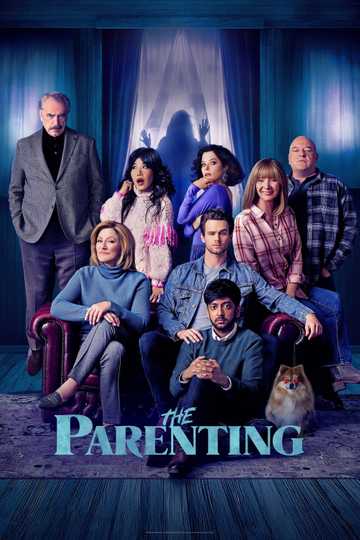Writers Guild Makes Tentative Deal with Studios to End Strike
The new deal has yet to be ratified by a vote from the members, but the signs are looking positive that the strike will finally be over.
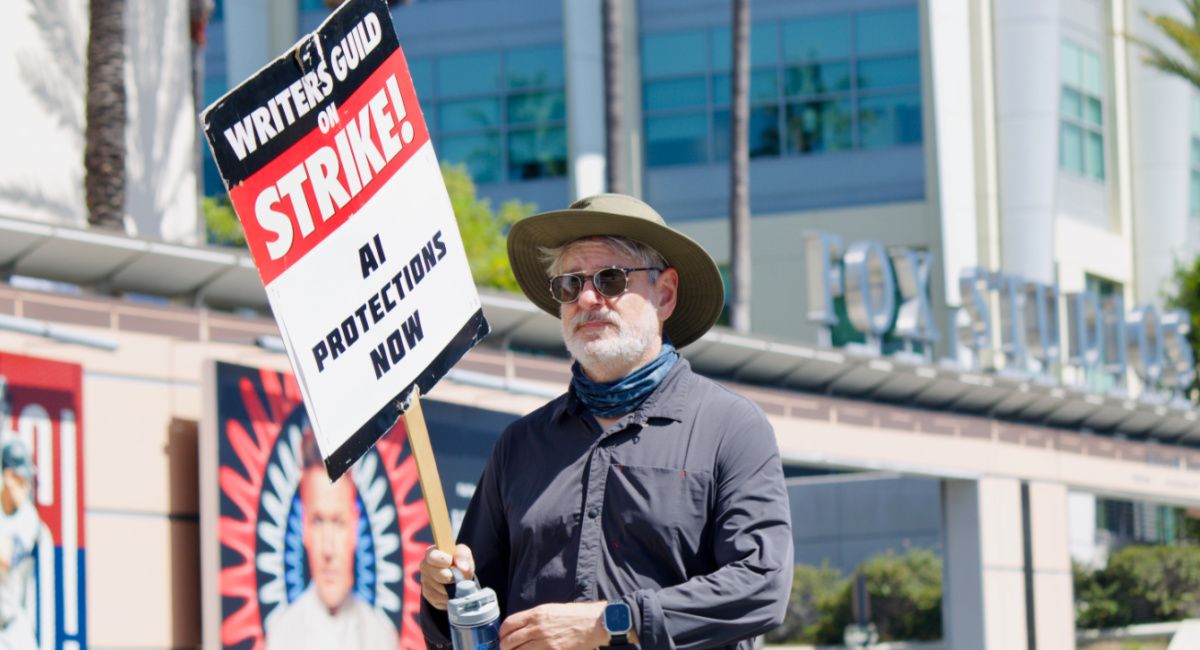
WGAW member urges "AI Protections Now" at 9/12's Showrunner Solidarity picket at Fox. Photo courtesy of WGA.
Hollywood –– at least, the part that relies on scripted material featuring actors –– has been largely at a standstill since May of this year, as the Writers Guild, followed, by the actors/performers union SAG-AFTRA went on strike for a better deal from the studios, as represented by the Alliance of Motion Picture and Television Producers (AMPTP).
It has been 146 days since the start of the writers’ strike, but on Sunday, after a long stretch of negotiations before the weekend and through it, a deal has been agreed, at least on paper.
This doesn’t however, mean that the strike ends immediately. While picketing has been suspended by writers, the union’s members still have to vote to ratify a new three-year contract featuring the improved terms negotiated.
Assuming the guild approves the deal, the strike could be officially over by the end of the week.
WGA speaks out

WGA + SAG-AFTRA members walk the line at Showrunner Solidarity picket at Fox on 9/12. Photo courtesy of WGA.
This is what the WGA’s leadership sent to members once the deal was finalized:
“What we have won in this contract — most particularly, everything we have gained since May 2nd — is due to the willingness of this membership to exercise its power, to demonstrate its solidarity, to walk side-by-side, to endure the pain and uncertainty of the past 146 days. It is the leverage generated by your strike, in concert with the extraordinary support of our union siblings, that finally brought the companies back to the table to make a deal.”
To see the full statement, go to the WGA West site.
It is also not the end of the actors’ strike –– but a deal between the writers and the AMPTP means that a path to that is now much clearer.
Related Article: Stephen Amell of ‘Heels’ Attacks SAG-AFTRA Strike as ‘Reductive Negotiating Tactic’
What happened with the strike(s)?
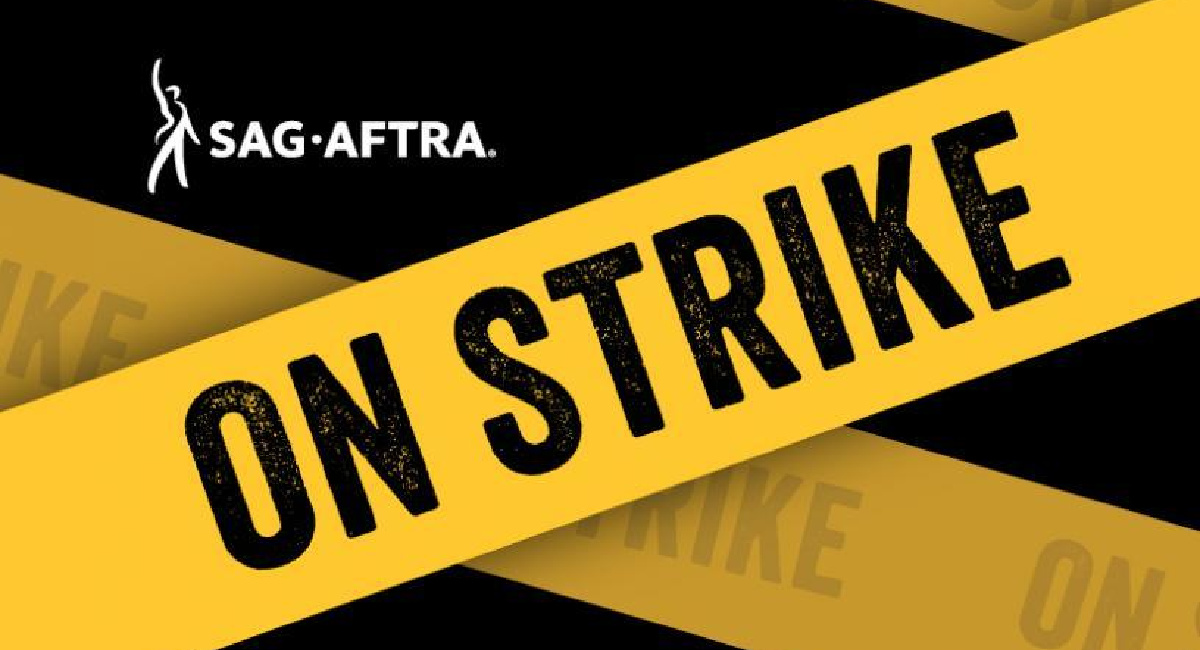
SAG-AFTRA on strike. Photo courtesy of SAG-AFTRA.
The actors’ strike, which began on July 14th, follows similar action by the Writers Guild of America, the workers looking for a better deal.
The WGA went on strike on May 2nd, after its own contract ran out with the AMPTP.
Much like the Writers’ Guild, the actors’ unions had been negotiating with the AMPTP to secure a new contract. Actors have long been unhappy with reduced residuals brought about by streaming services and are displeased by studios claiming they can’t pay more while company CEOs earn millions. And roughly 12% of actors working today make the minimum required to trigger health benefits and keep their livelihoods.
Here’s SAG-AFTRA president Fran Drescher on the actors’ strike announcement:
“The gravity of this move is not lost on me or our negotiating committee or our board members who have voted unanimously to proceed with a strike. It’s a very serious thing that impacts thousands, if not millions, of people all across this country and around the world.”
Another key issue has been studios’ concerning efforts to bring in new technology to replace physical performers. When the strike was called yesterday, SAG-AFTRA revealed one pertinent detail of a studio offer –– digitizing the likeness of background players (or extras), paying them for one day’s work but then being able to use their image in perpetuity and however they please with no other payment.
Now, at last, it appears everyone is on a path to get back to work, which means an end to movies and TV series being delayed, a return for shows to the air and fresh development on new projects.

Hundreds of showrunners gather for group shot at Showrunner Solidarity Day at Fox on 9/12. Photo: J.W. Hendricks.
Movies Affected by the WGA and SAG-AFTRA Strike:
- 'Avatar 4' (2026)
- 'Beetlejuice 2' (2024)
- 'Deadpool 3' (2024)
- 'Fantastic Four' (2025)
- 'Untitled Gladiator Sequel' (2024)
- 'Mission: Impossible - Dead Reckoning Part Two' (2024)
- 'Mortal Kombat 2' (2025)
- 'Spider-Man: Beyond the Spider-Verse' (2024)
- 'Superman: Legacy' (2025)
- 'TRON: Ares' (2025)
Buy 'Deadpool' Movies On Amazon


